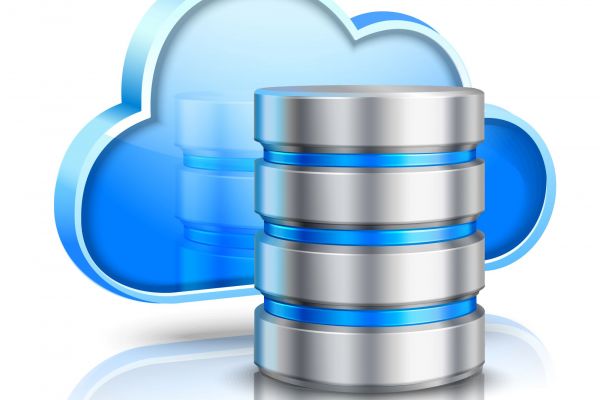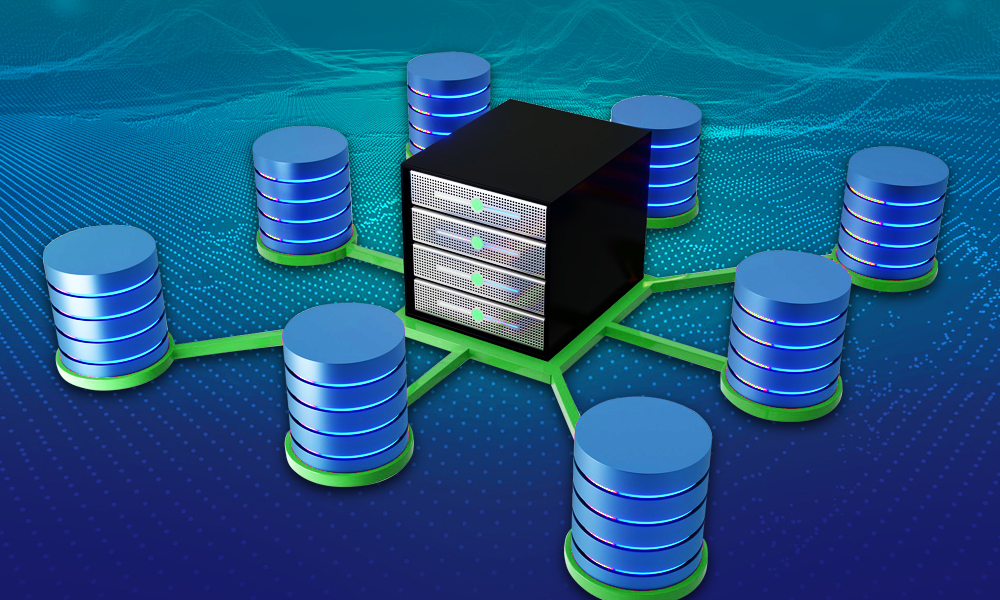Relational to NoSQL Databases: Differences and Benefits Explained

For decades, relational databases have been the go-to solution for storing and managing data. But with the rise of big data and the need for more flexible and scalable data solutions, NoSQL databases have become increasingly popular. In this article, we’ll explore the differences between relational and NoSQL databases, and the benefits that come with making the shift.
Relational Databases
Relational databases are structured and organized using tables consisting of rows and columns. They use a schema, which is a blueprint that defines the structure of the data and the relationships between tables. The data is stored in a way that is designed to minimize redundancy and ensure data consistency.
Relational databases are ideal for applications that require a high degree of data consistency and integrity. They are also great for situations where the data is well-structured and predictable, and the schema is unlikely to change frequently.
NoSQL Databases

NoSQL databases, on the other hand, are designed to be more flexible and scalable than relational databases. They can handle large volumes of unstructured or semi-structured data, and they don’t require a fixed schema. NoSQL databases are typically non-relational, meaning that they don’t use tables, rows, or columns to organize data.
NoSQL databases are ideal for applications that require high scalability and performance, such as social media platforms, e-commerce sites, and IoT applications. They are also great for situations where the data is constantly changing, and the schema needs to be flexible.
The Benefits of NoSQL Databases
There are several benefits to using NoSQL databases over relational databases:
- Scalability: NoSQL databases are designed to handle large volumes of data and can scale horizontally, meaning that you can add more servers to handle increased traffic.
- Flexibility: NoSQL databases don’t require a fixed schema, making them ideal for situations where the data is constantly changing, or the schema needs to be flexible.
- Performance: NoSQL databases can handle a high volume of reads and writes, making them ideal for applications that require high performance.
- Cost: NoSQL databases are often less expensive than relational databases, making them a more cost-effective solution for many businesses.
The shift from relational to NoSQL databases is a trend that is gaining momentum, and for good reason. NoSQL databases offer several benefits over relational databases, including scalability, flexibility, performance, and cost-effectiveness. While relational databases are still a great solution for many applications, it’s important to consider the benefits of NoSQL databases when choosing a data solution for your business.




